
Let's Discuss Racism in the U.S with These Nonfiction Works
Comprised mostly of nonfiction books, this selection features works discussing different facets of systemic racism in the U.S.
By Bleu MagazineOct. 12 2020, Published 7:34 p.m. ET
Comprised mostly of nonfiction books, this selection features works discussing different facets of racism in the U.S. From environmental racism to the prejudices ingrained in our justice system, to exploitation, these books will help people better understand the world we live in.
White Fragility, Robin DiAngelo
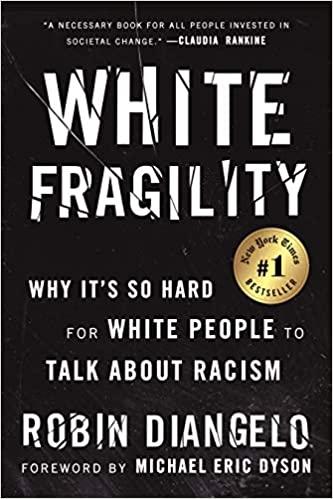
White fragility refers to the defensive moves white people will make when they are challenged racially, which can be categorized through emotions of anger, fear, guilt and more. In this in-depth exploration, anti-racist educator Robin DiAngelo examines how white fragility develops and perpetuates racial injustice, and things that can be done to combat this problem.
The New Jim Crow, Michelle Alexander
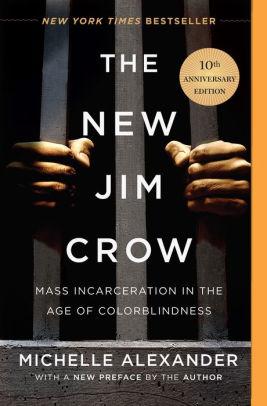
In this provocative critique, legal scholar Michelle Alexander argues that we have not ended the racial caste system in America but redesigned it through the criminal justice system.
Race for Profit, Keeanga-Yamahatta Taylor
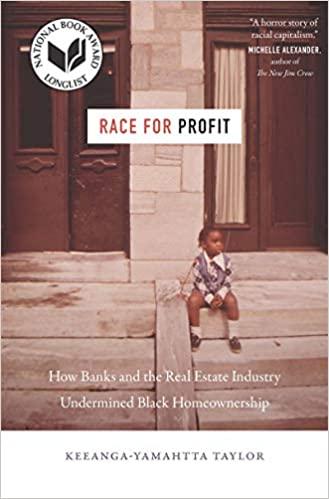
Race for Profit reveals how exploitative and racist real estate practices continued well after housing discrimination was banned. This book explores how these policies continue to encourage low-income homeownership while exploiting Black homeowners.
Why Are All the Black Kids Sitting Together in the Cafeteria?, Beverly Daniel Tatum
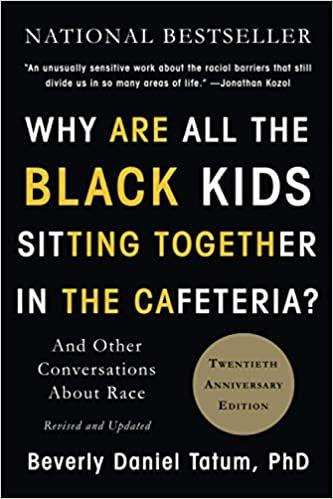
For anyone seeking to understand the dynamics of race in America, Beverley Daniel Tatum delves into the topic of racial identity and the importance of communication between ethnic divides by taking a closer look at the psychology of racism.
A Terrible Thing To Waste, Harriet A. Washington
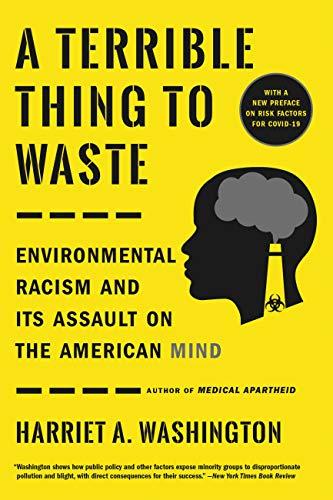
Harriet A. Washington dives into the topic of environmental racism, the devastating effects of atmospheric pollution within Black communities, and how systemic toxicity robs intellectual power from communities of color at shockingly disproportionate rates.
Medical Bondage, Deirdre Cooper Owens
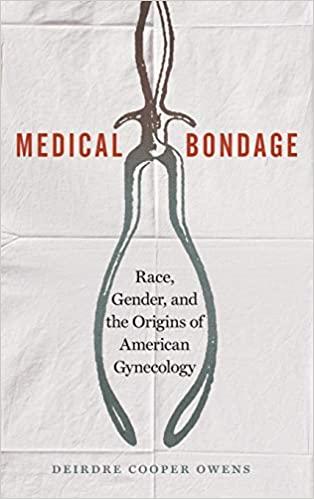
Medical Bondage explores the barbaric nature of early gynecology through the exploitation of marginalized women and how pioneering doctors legitimized theories relating to race for decades to come.
The End of Policing, Alex S. Vitale
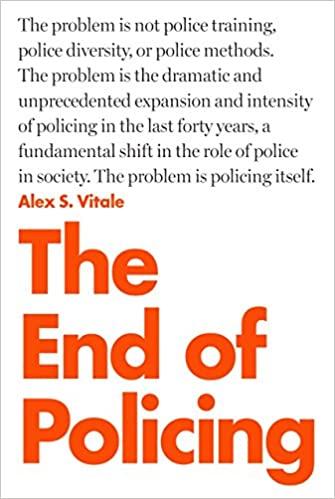
Alex S. Vitale discusses the dangers of modern policing in The End of Policing. Written as a response to the Ferguson, Missouri protests following the unjust murder of Michael Brown, Vitale discusses the deep history of the modern police force and its recent, unnecessary expansion.
The Revisioners, Margaret Wilkerson Sexton
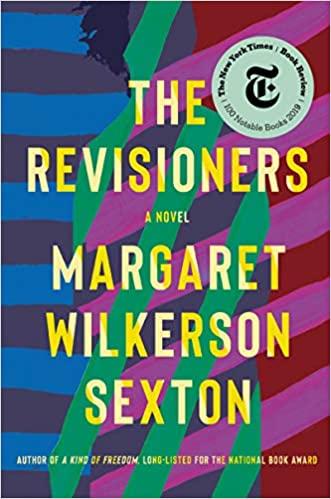
In her latest fictional work, Sexton discusses the different types of bonds in women’s lives and how they can turn toxic. It follows the story of two women, related but separated by generations, as they deal with friendships that jeopardize their wellbeing. For one woman, it’s a kind neighbor with ties to the KKK, and for the other, it’s an estranged white grandmother.
Originally published in Bleu Magazine Issue 68.

